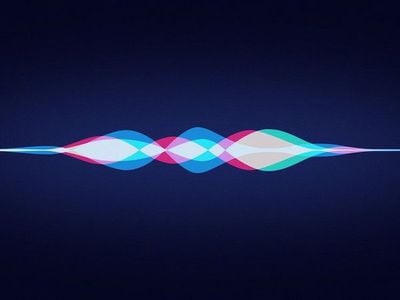Apple has published a new support document with several questions and answers about its Siri quality evaluation process, also known as grading, to address any privacy concerns that customers may have.

As a refresher, it was recently discovered that Apple hired contractors to listen to a small percentage of anonymized Siri recordings — and review their corresponding computer-generated transcripts — to measure how well Siri was responding and to improve the assistant's accuracy and reliability.
The human review process likely existed for quite some time, but it was never mentioned in Apple's privacy policy, and it only became the subject of controversy last month after The Guardian reported that contractors "regularly" heard "confidential details" while listening to the Siri audio recordings.
Following that report, Apple quickly suspended its grading program and conducted a review of its policies. Apple has since apologized over the matter and says it will resume the evaluation process in the fall on an opt-in basis with improved privacy measures, including no longer retaining audio recordings.
In its FAQ, however, Apple says it will continue to review anonymized computer-generated transcripts of Siri interactions, even from users who do not opt in. The only way to avoid this will be to disable Siri entirely:
Is the only way for Siri not to retain my audio recordings and transcripts to disable Siri?
By default, Apple will no longer retain audio of your Siri requests, starting with a future software release in fall 2019. Computer-generated transcriptions of your audio requests may be used to improve Siri. These transcriptions are associated with a random identifier, not your Apple ID, for up to six months. If you do not want transcriptions of your Siri audio recordings to be retained, you can disable Siri and Dictation in Settings.
Prior to suspending grading, Apple says it reviewed less than 0.2 percent of Siri interactions and corresponding computer-generated transcripts.
As for users that do opt in, Apple says it has updated its review process to limit graders' exposure to audio recordings that are determined to have resulted from Siri being triggered inadvertently. Apple is also making changes to minimize the amount of data that the graders have access to:
When you say you are minimizing the amount of data reviewers have access to, what does that mean? What will they still be able to hear?
We are making changes to the human grading process to further minimize the amount of data reviewers have access to, so that they see only the data necessary to effectively do their work. For example, the names of the devices and rooms you setup in the Home app will only be accessible by the reviewer if the request being graded involves controlling devices in the home.
Apple says it will work to delete any recording which is determined to have resulted from Siri being triggered inadvertently.
The changes to Siri will be implemented in a future iOS update released this fall, which will likely introduce a toggle switch for grading. For more details, read Apple's support document and its related press release.


















